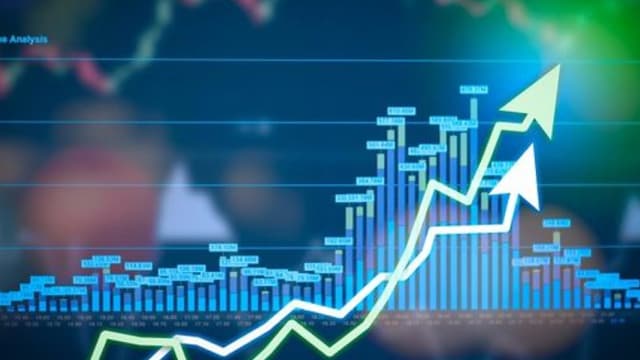VDE: Hitting The Pause Button On Energy After A Strong Q2 Recovery (Rating Downgrade)

Summary
Vanguard Energy ETF (VDE) is downgraded to 'Hold' after a strong Q2 rally, citing potential near-term downside from easing Middle East tensions and falling oil prices. Despite attractive valuation and high yield, technical resistance and seasonal headwinds suggest caution. The ETF's concentrated portfolio adds risk, though liquidity remains strong. Investors should temper expectations and consider cautious strategies.
VDE: Hitting The Pause Button On Energy After A Strong Q2 Recovery (Rating Downgrade)
Publication Date: June 24, 2025
After a robust performance in the second quarter, the Vanguard Energy ETF (VDE) is facing a potential cooling-off period. While the ETF has demonstrated significant resilience and delivered strong returns, a closer examination of current market dynamics and technical indicators suggests a more cautious outlook. Consequently, we are downgrading VDE to a 'Hold' rating, advising investors to temper expectations for continued rapid appreciation.
The Rationale Behind the Downgrade
The primary driver for this rating adjustment is the evolving geopolitical landscape and its potential impact on global oil prices. The strong rally experienced by VDE in Q2 was significantly bolstered by elevated Middle East tensions, which historically tend to push crude oil benchmarks higher. Should these tensions ease, as some diplomatic efforts suggest, a corresponding decline in oil prices could exert downward pressure on the energy sector and, by extension, VDE's underlying holdings.
Furthermore, technical analysis reveals that VDE is approaching significant resistance levels. These price ceilings, often formed by previous highs or concentrated selling interest, could cap further upside in the near term. Coupled with emerging seasonal headwinds that typically affect energy demand and prices during certain periods of the year, the path of least resistance for VDE appears to be sideways or slightly downward.
VDE's Enduring Strengths and Inherent Risks
Despite the near-term caution, VDE continues to possess attractive fundamental characteristics. The ETF remains attractively valued, especially when considering the strong profitability of its constituent companies. Many of the integrated oil and gas majors within VDE's portfolio have demonstrated robust free cash flow generation and are committed to returning capital to shareholders through dividends. This contributes to VDE's appealing high-yield profile, which can provide a cushion during periods of price volatility.
However, investors must also acknowledge the inherent risks associated with VDE. The ETF's portfolio is highly concentrated, with a significant portion of its assets allocated to a few large-cap energy companies. While these companies are industry leaders, this concentration can amplify volatility. Any adverse developments impacting these key holdings could disproportionately affect VDE's performance. The energy sector itself is inherently cyclical and sensitive to global economic growth, geopolitical events, and regulatory changes, all of which contribute to its higher volatility profile compared to broader market indices.
Liquidity and Market Dynamics
On a positive note, VDE continues to exhibit excellent liquidity. Tight bid-ask spreads and consistently strong trading volumes make it easy for investors to enter and exit positions efficiently, even during periods of market stress. This liquidity is a significant advantage for an ETF, ensuring that investors can transact at fair market prices.
From a broader market perspective, the energy sector's performance often correlates with global economic health. While the Q2 recovery was strong, signs of potential economic deceleration in major global economies could dampen future energy demand. Investors should monitor macroeconomic indicators, including global manufacturing PMIs, industrial production, and transportation data, as these provide crucial insights into the trajectory of energy consumption.
Investment Implications and Actionable Insights
For investors currently holding VDE, maintaining a 'Hold' position is advisable. This allows them to benefit from the attractive yield while acknowledging the potential for near-term price stagnation or modest declines. New investments should be approached with caution, perhaps waiting for a clearer resolution of geopolitical tensions or a more favorable technical setup.
Consider utilizing options strategies, such as covered calls, to generate additional income if you are a long-term holder and anticipate limited upside. Alternatively, for those looking to initiate a position, consider dollar-cost averaging over several months to mitigate the risk of buying at a temporary peak. Diversification remains key; while VDE offers exposure to a vital sector, it should be part of a well-balanced portfolio that includes other sectors and asset classes to manage overall risk.
In conclusion, while VDE has delivered an impressive Q2, the current environment warrants a more conservative stance. The combination of potential easing geopolitical tensions, technical resistance, and seasonal headwinds suggests a period of consolidation rather than continued aggressive growth. Investors should remain vigilant and adapt their strategies as market conditions evolve.